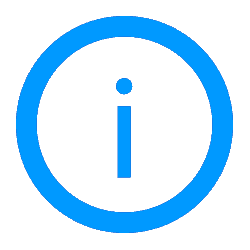Market Structure
Growth Financing
Going & Being Public
Private Market
Statistics & Circulars
Strategic Formats
Executive Board
Supervisory Board
Remuneration
Auditor
Declaration of Conformity
Articles of Incorporation
Compliance
Master Data
Key Figures & Dividend
Analysts
Shareholder Structure
Share Buy-back
Bonds
Credit Ratings
Media Releases
Ad-hoc Announcements
Managers’ Transactions
Notifications of Major Holdings
Other Regulatory Announcements
Sign-up Service
Sustainability Strategy
ESG Governance
Reports, Statements, Policies & Guidelines
Diversity, Equity & Inclusion
Contact
Cloud
Distributed Ledger Technology (DLT)/Blockchain
Big Data/AI
Digital Euro

Sign Up for Our Media Releases
- Simple and free registration
- Choose the business areas that interest you
- Delivered straight to your inbox
SIGN ME UP





















